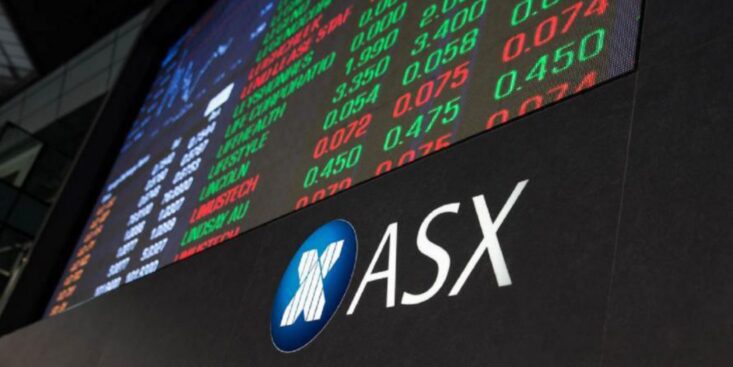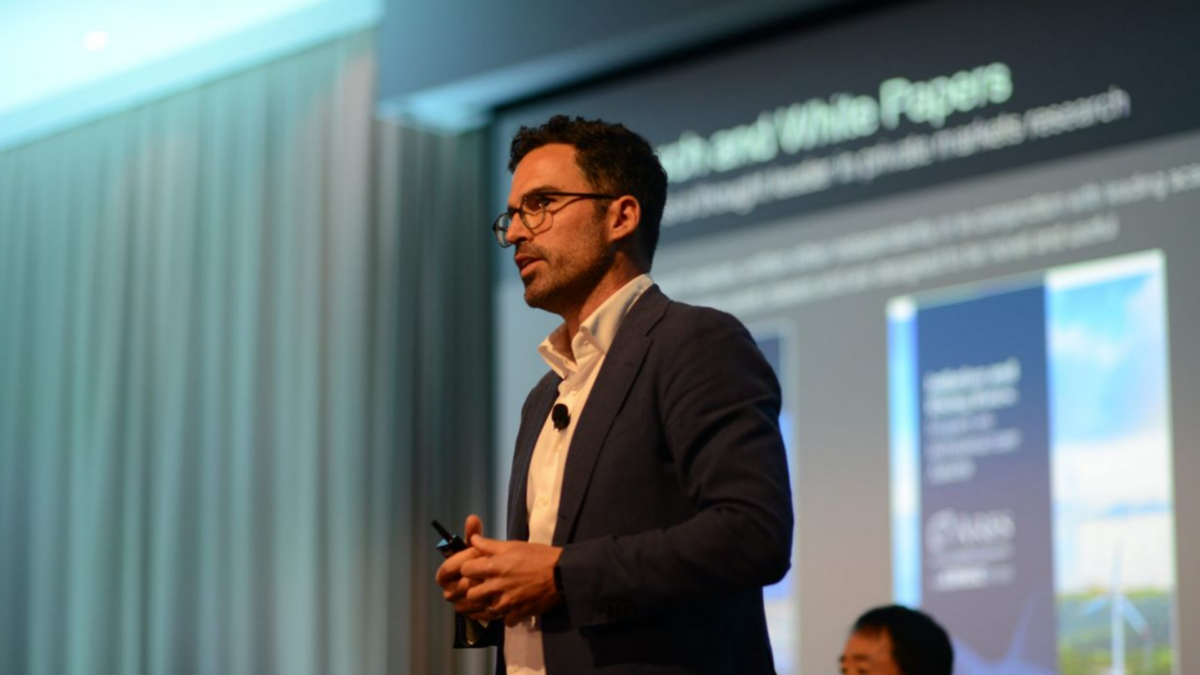Magellan’s next generation ETF is a ‘potential game changer’
Magellan Financial Group has done some back office re-engineering to develop what it claims is the next generation of active exchange traded funds – a “one unit” product that allows investors to transact through off-market applications and through the Australian Securities Exchange.
Magellan subsidiary Airlie Funds Management has listed the Airlie Australian Share Fund on the ASX, under the ticker AASF.
Magellan chief executive Brett Cairns says the group worked with its registry company Mainstream to bring together the registry operations that sit behind listed and unlisted funds so that the Airlie Australian Share Fund operates as an open-ended listed and unlisted entity with two sub-registries – one issuing a security reference number (SRN) and one issuing a holder identification number (HIN).
Cairns says investors have a choice in how they access the fund and they can change that access point. He says this “one unit” development will streamline operations for the fund manager.
It may also help overcome the chronic problem that listed investment companies and listed investment trusts have – the persistent and often deep discounts to net asset value.
“This one unit structure will be market-leading,” Cairns says.
Rodney Lay senior analyst at Independent Research says the development is nothing short of a potential game changer and while the Airlie Australian Share Fund is the first offering for the dual structure, there is nothing stopping other fund managers adopting this structure.
“An investment manager of an unlisted unit trust can now seamlessly add the exchange listed distribution channel (which a certain percentage of advisers and investors are oriented towards) in addition to the pre-existing unlisted unit trust distribution channel (which a certain percentage of advisers and platforms are oriented towards).
“For advisers, the development provides more choice in portfolio construction (as some only use listed, others largely unlisted), it potentially removes the administrative burden of unlisted unit trust investments and, in doing so, allows advisers to spend more time focusing on providing strategic advice with respect to a client’s desired investment outcomes,” Lay says.
The Airlie Australian Share Fund is a concentrated portfolio of domestic equities, with 25 to 35 holdings. Since it was launched in June 2018, it has produced an average return of 2.7 per cent a year, compared with 1.8 per cent a year for its benchmark – the S&P/ASX 200.
Over the six months to the end of May, the fund has lost 10.9 per cent compared with a 14.6 per cent fall in the index.
Top holdings include Aristocrat Leisure, Aurizon Holdings, BHP, Commonwealth Bank, CSL, Mineral Resources, Origin Energy and Wesfarmers.
Portfolio manager Matt Williams says the keys to the short and medium-term outlook for the market are unemployment, consumer spending and immigration.
Some recent new positions for the fund include ASX Ltd, which Williams says was priced very cheaply, and property trusts GPT and Scentre Group, which were “smashed” in the March and April sell-off.
One company the fund has held previously that it is considering for investment is the accounting software and services provider Xero.
Williams says it is not a good outlook for financial stocks, whose earnings are likely to be hit hard by a bad debt cycle.
“Banks have rallied from their oversold positions but from here we are not overly excited. One issue is that their dividend policies need to be restructured, with payout ratios likely to be reined in.”










